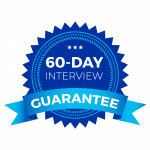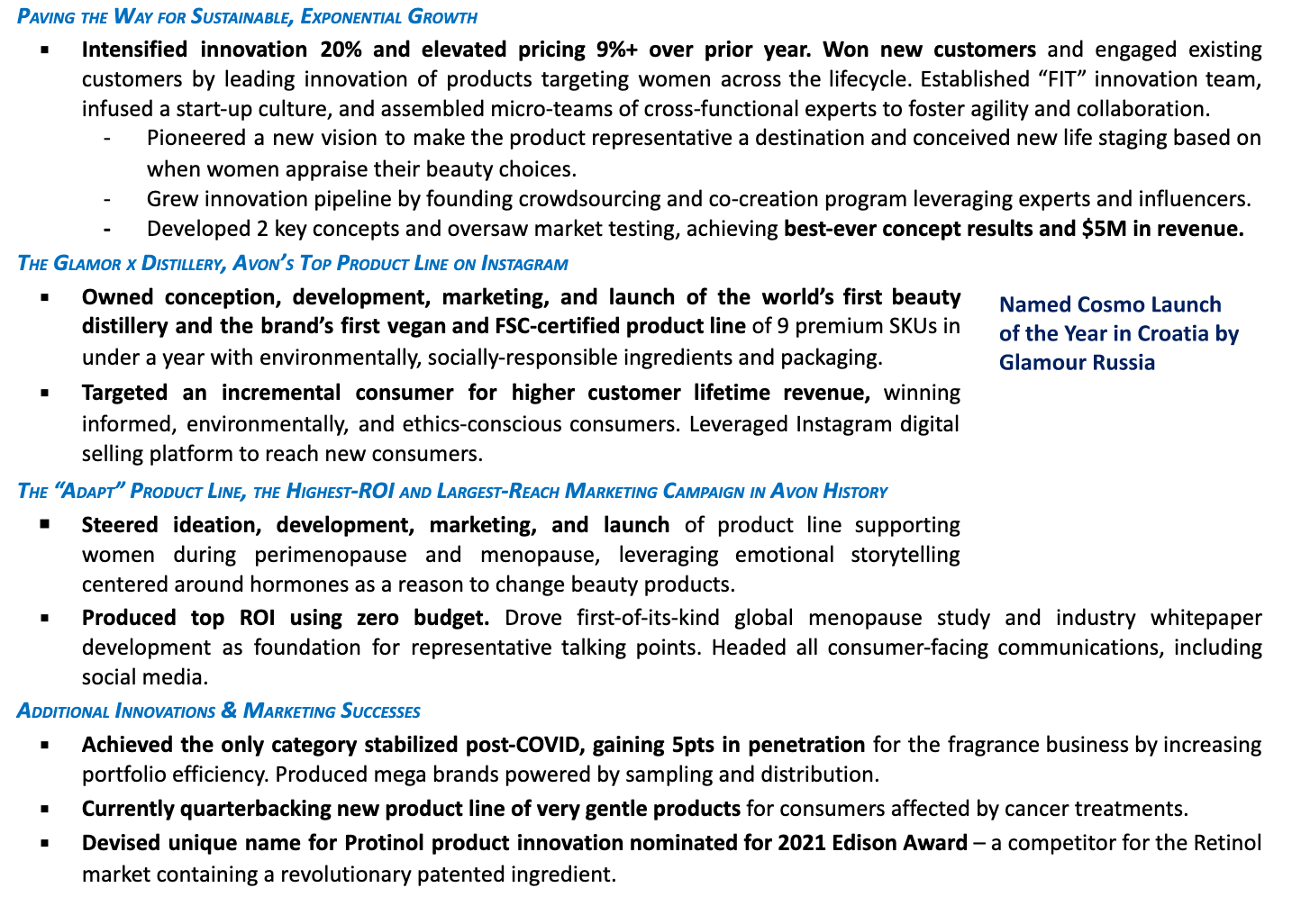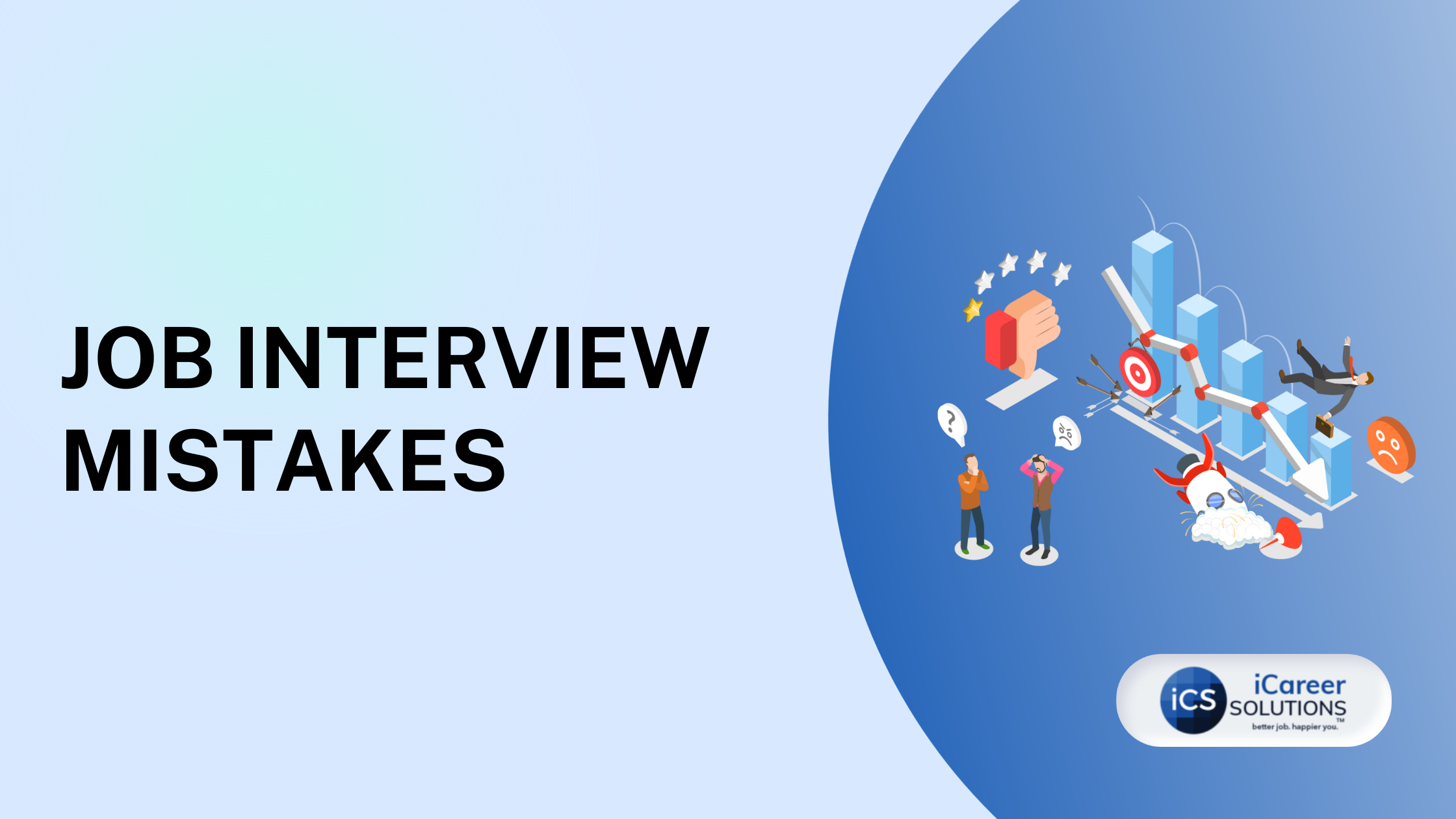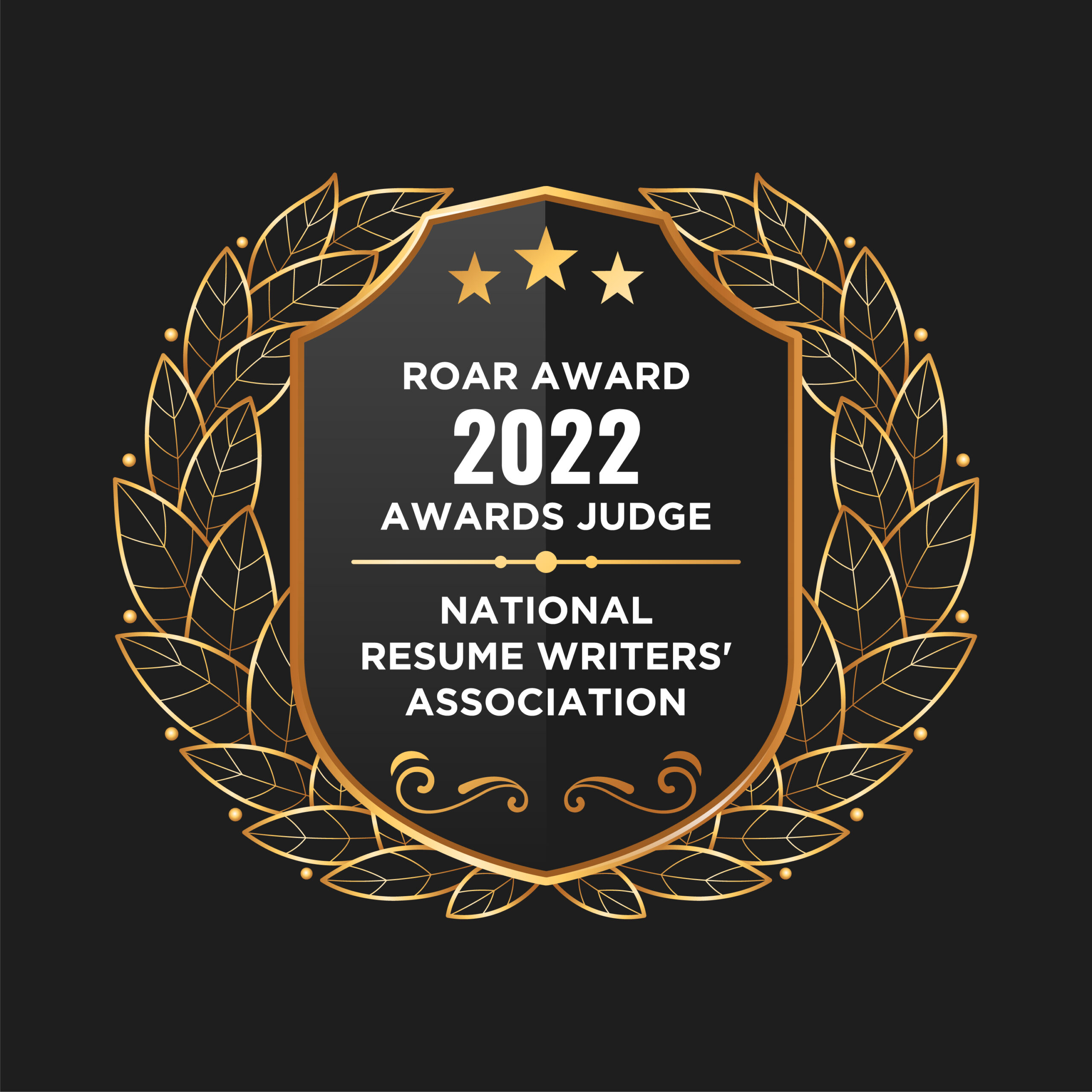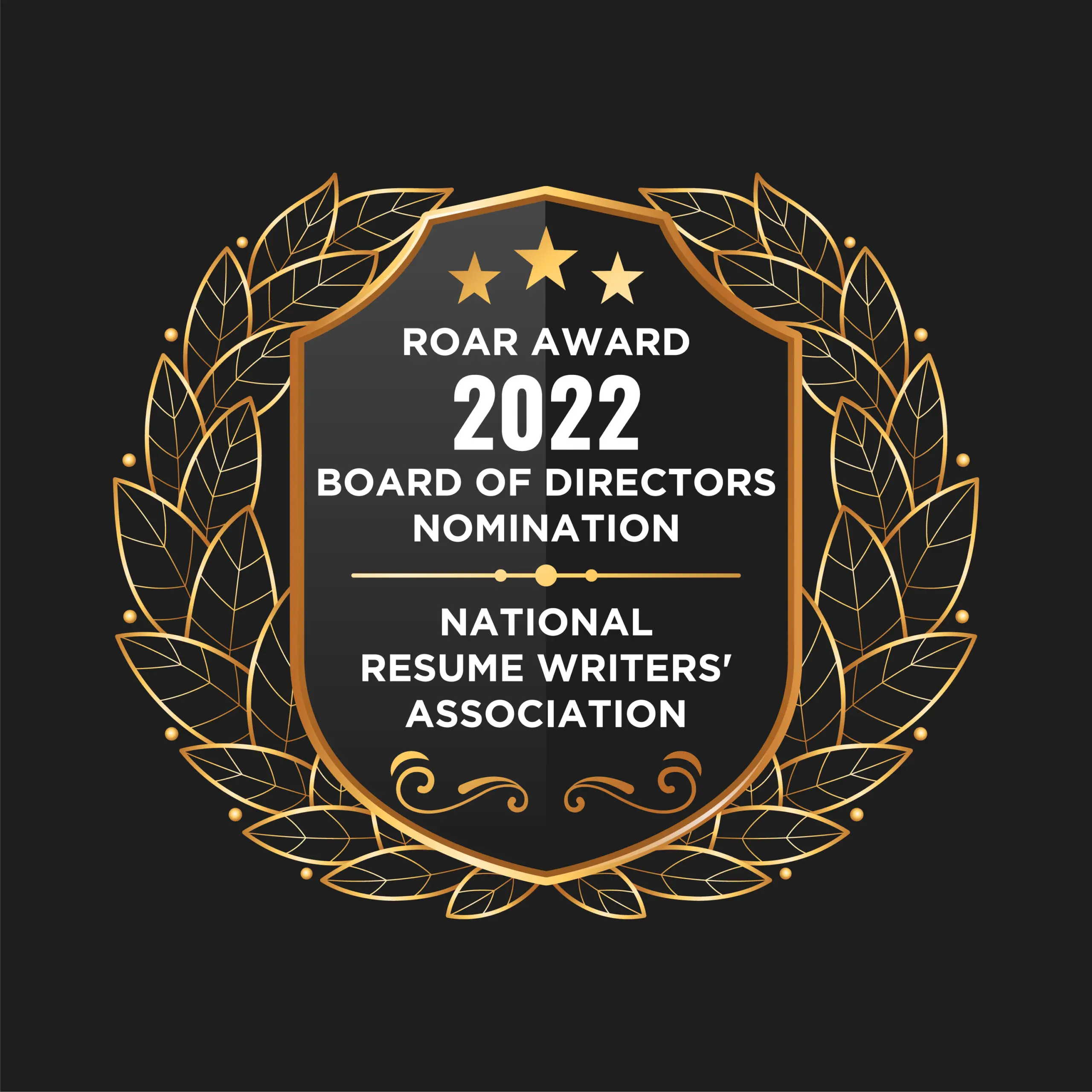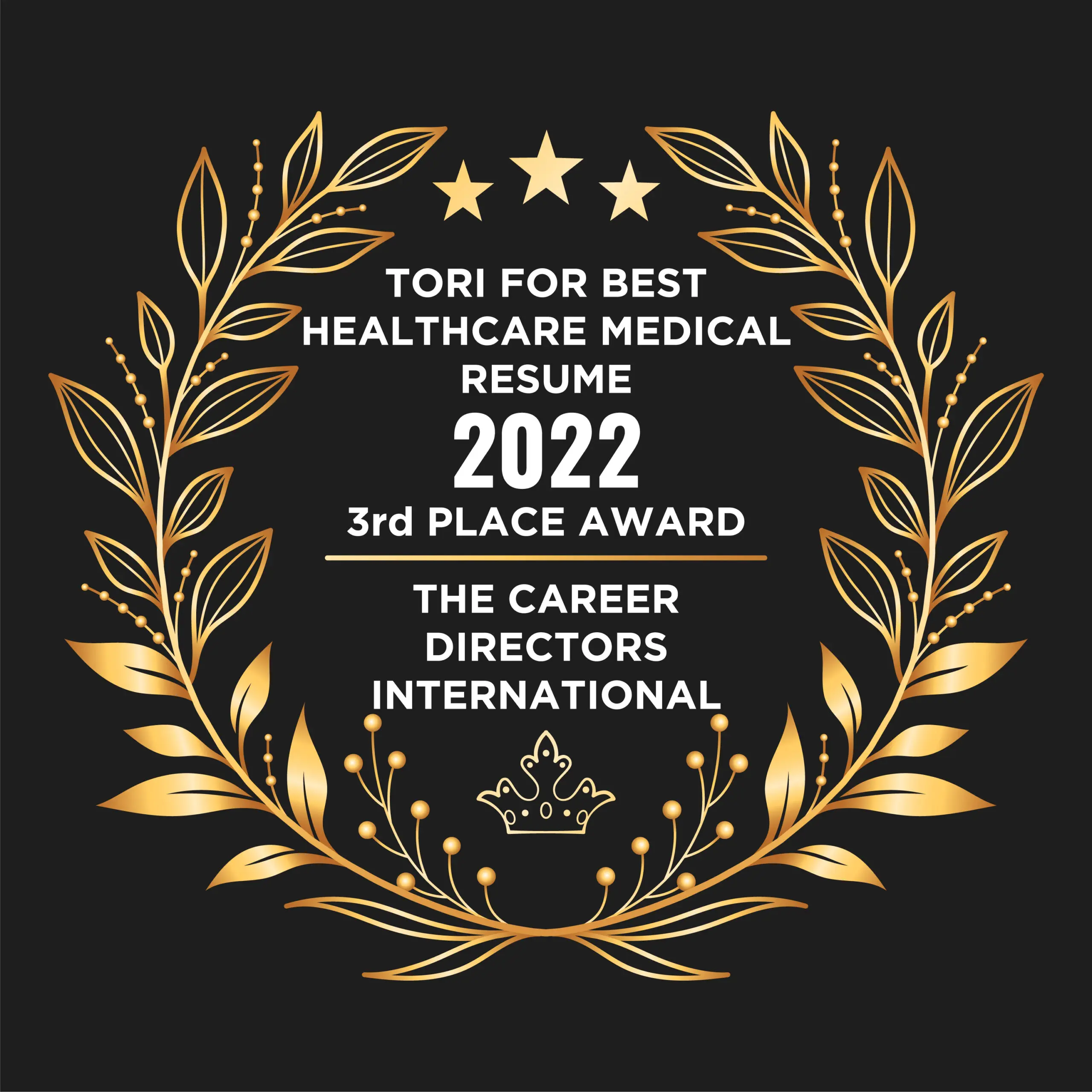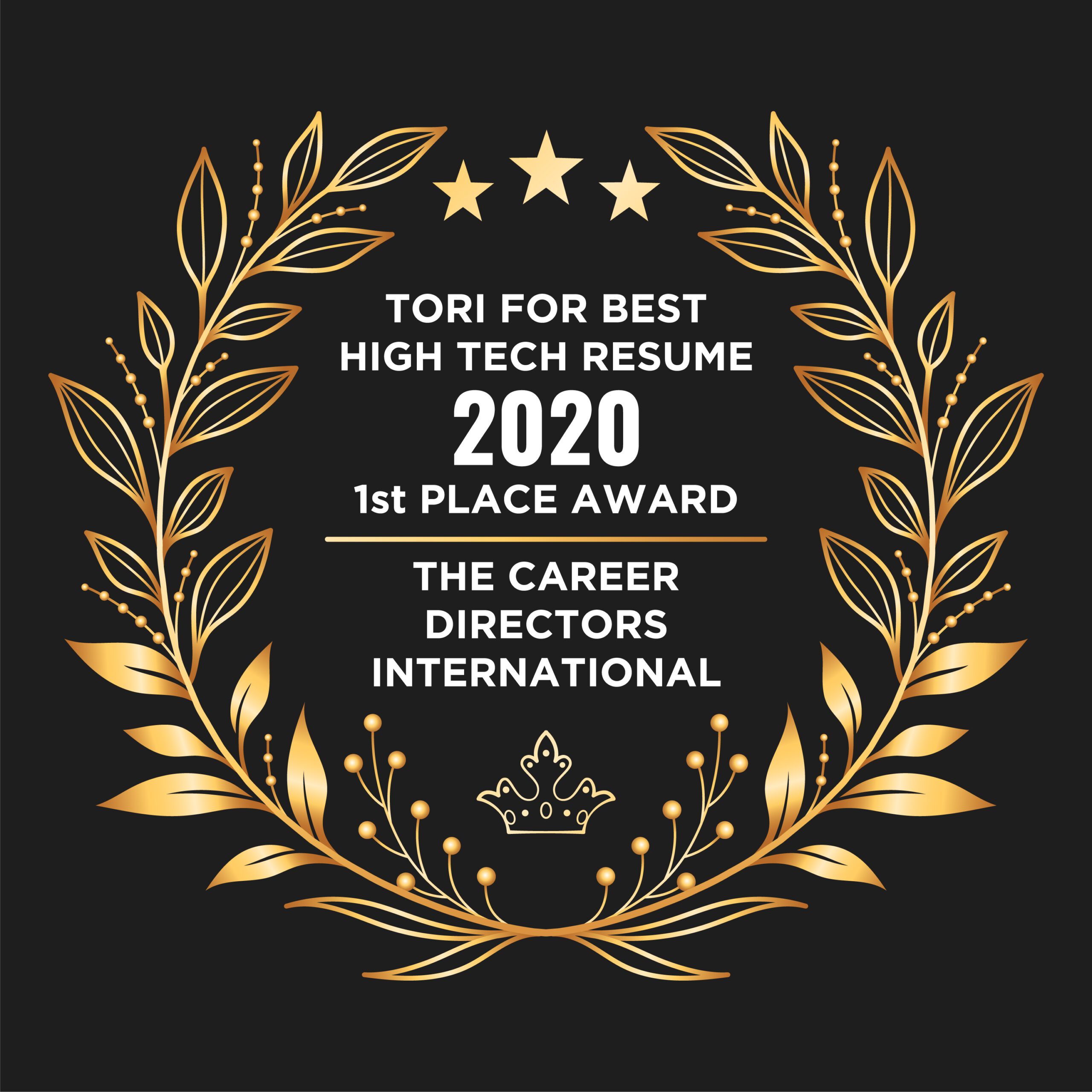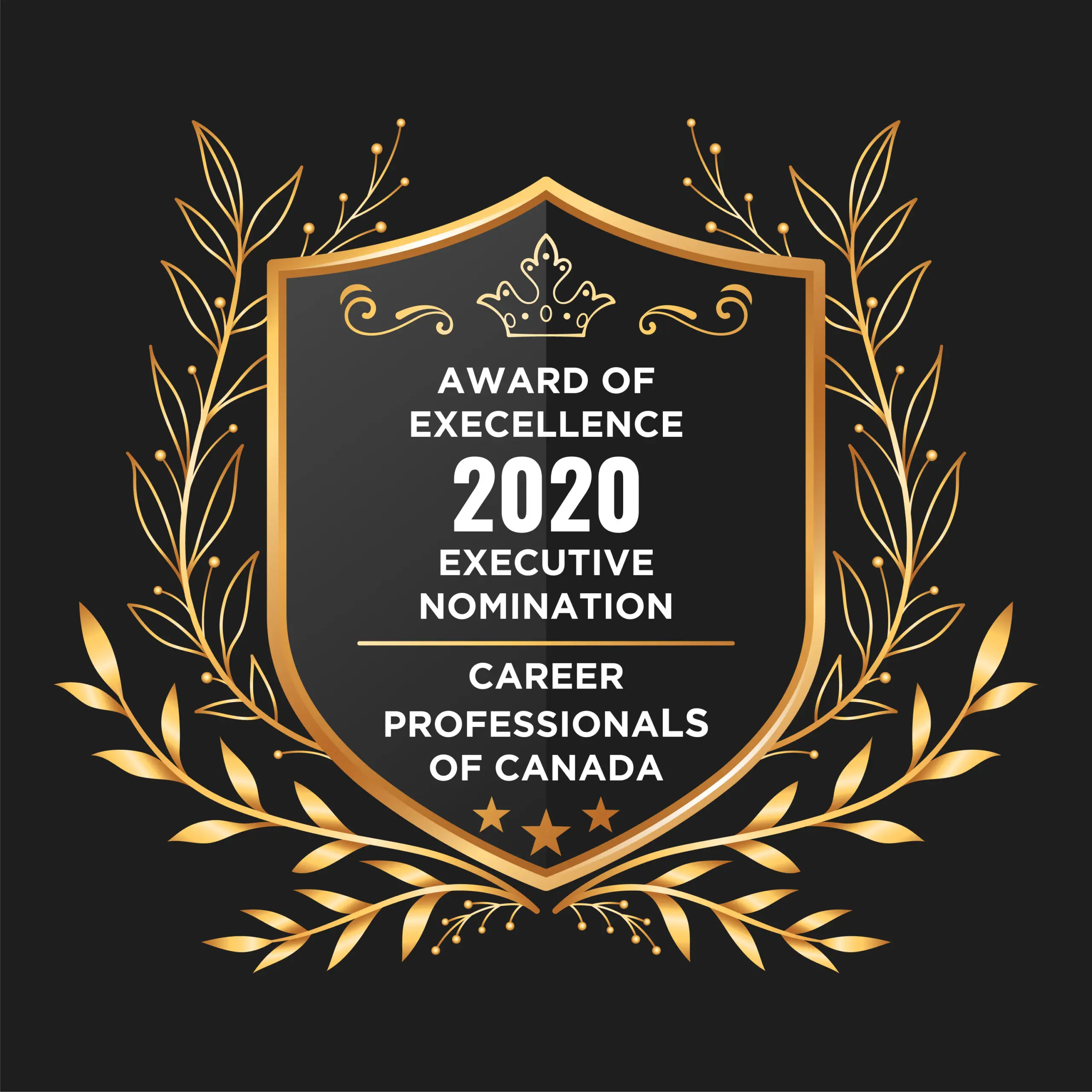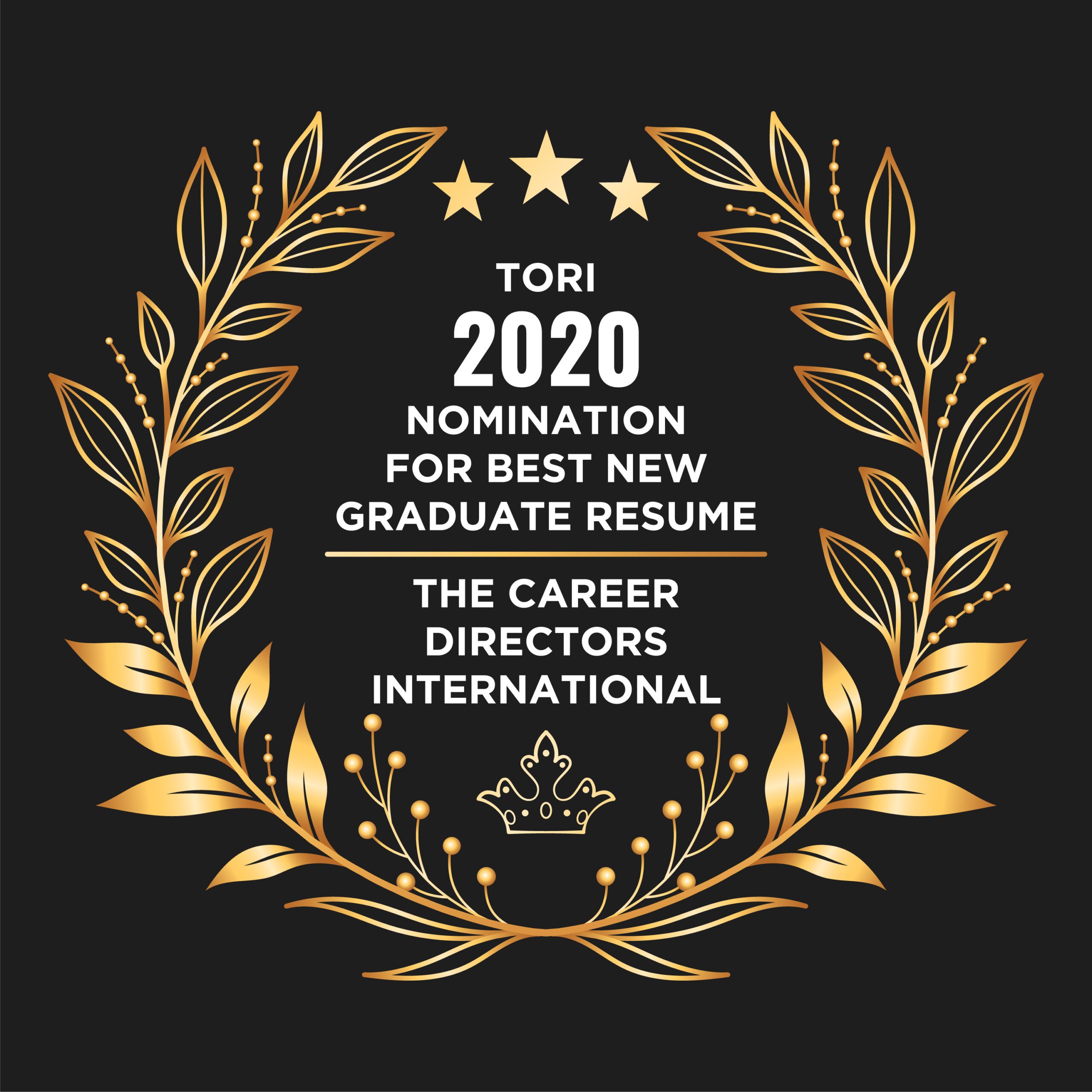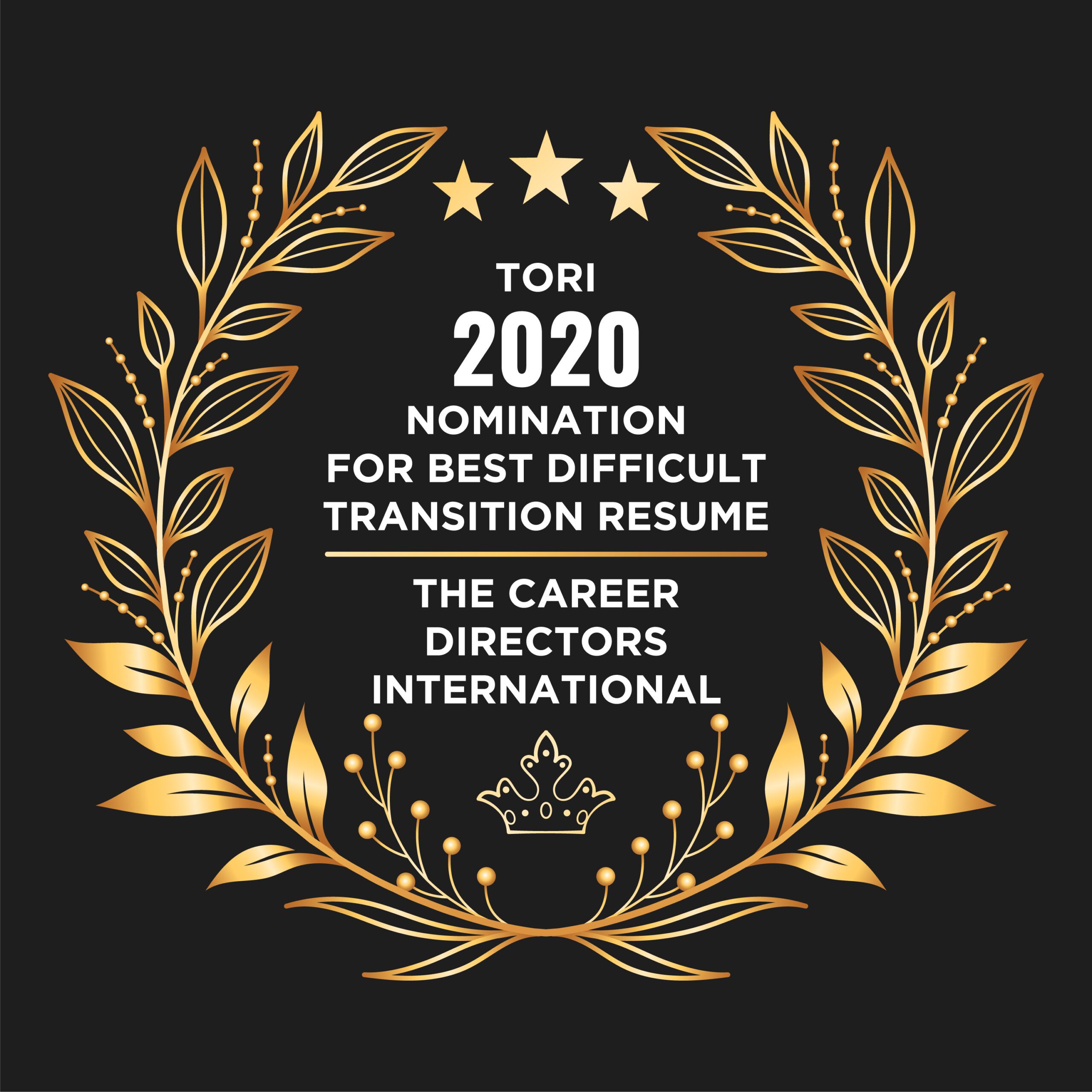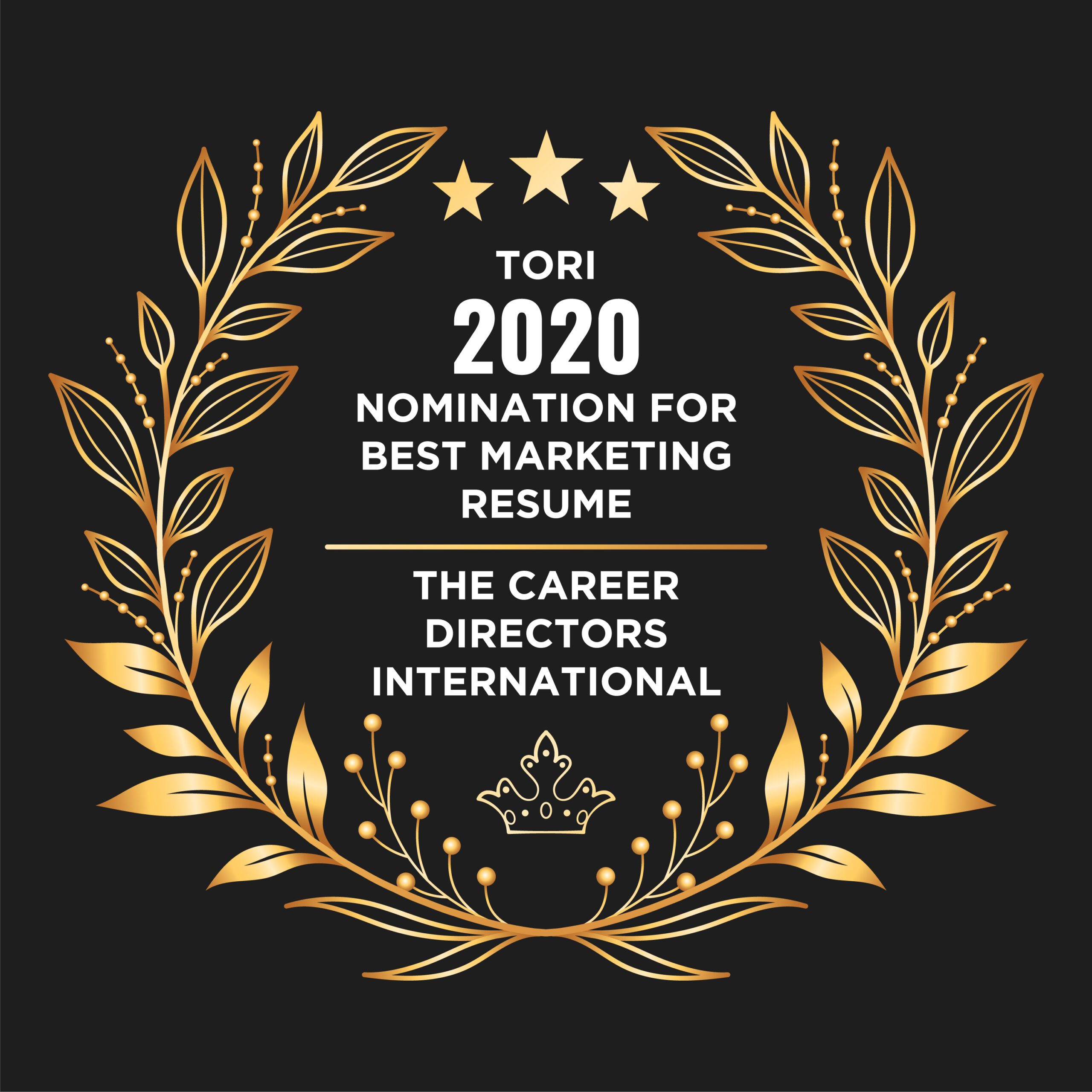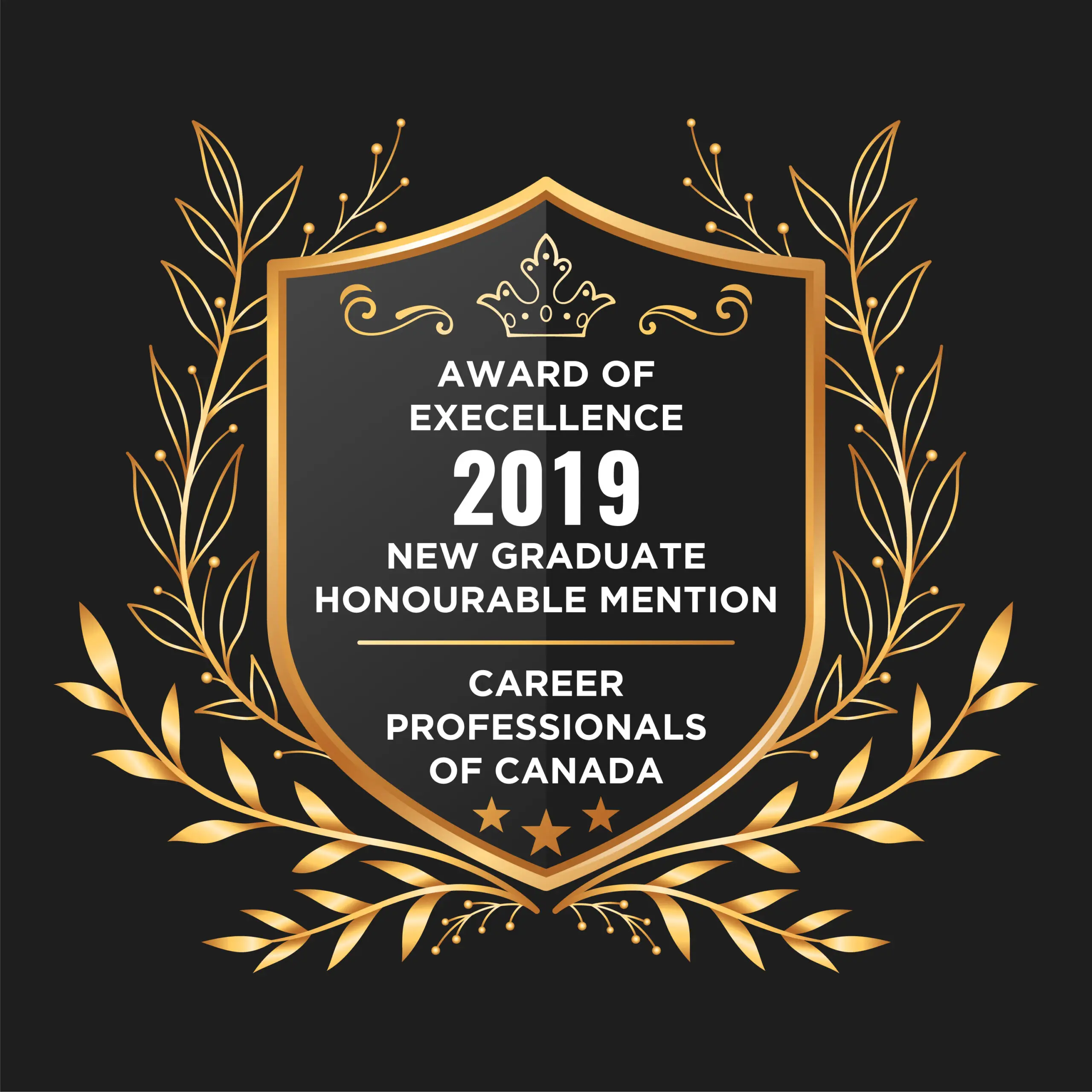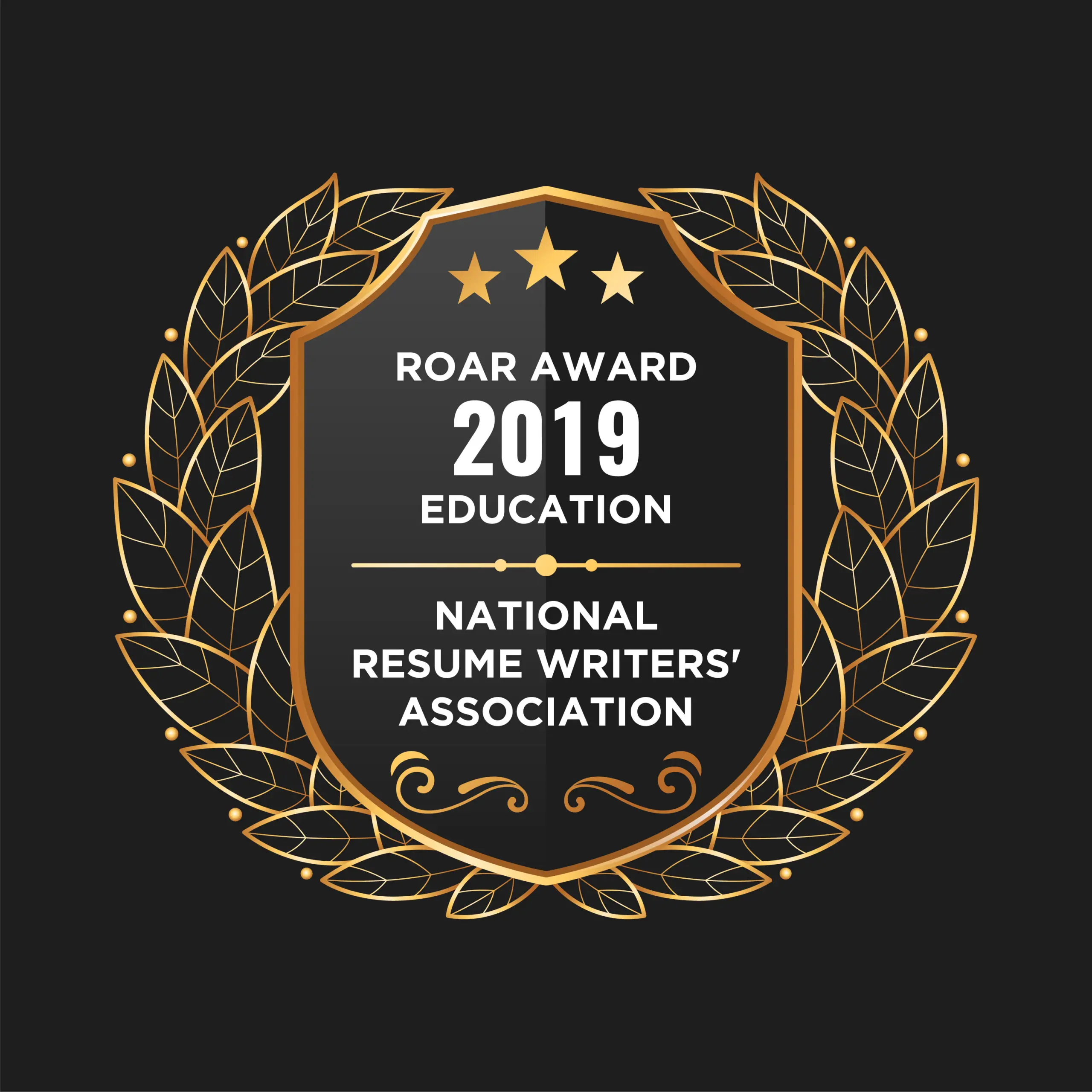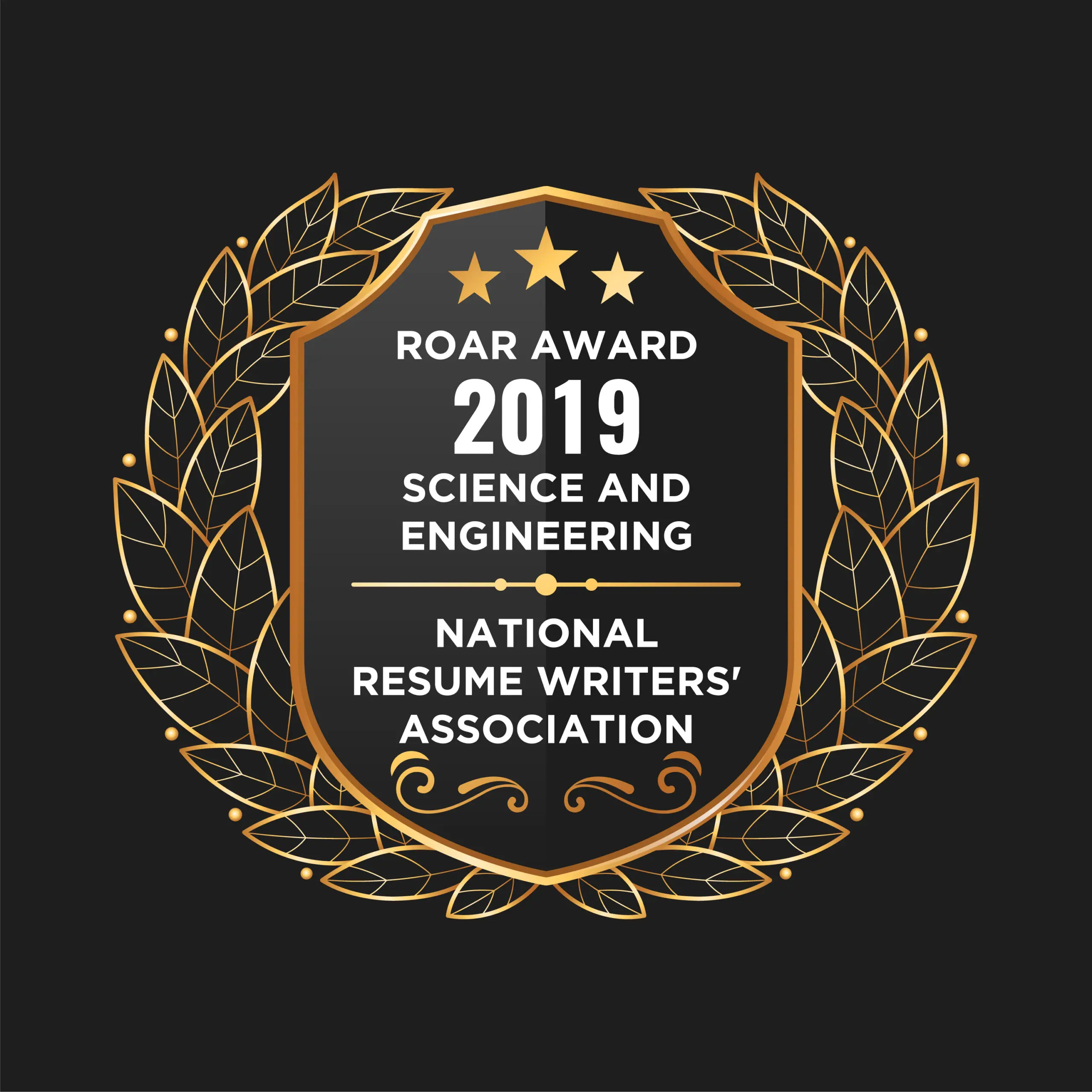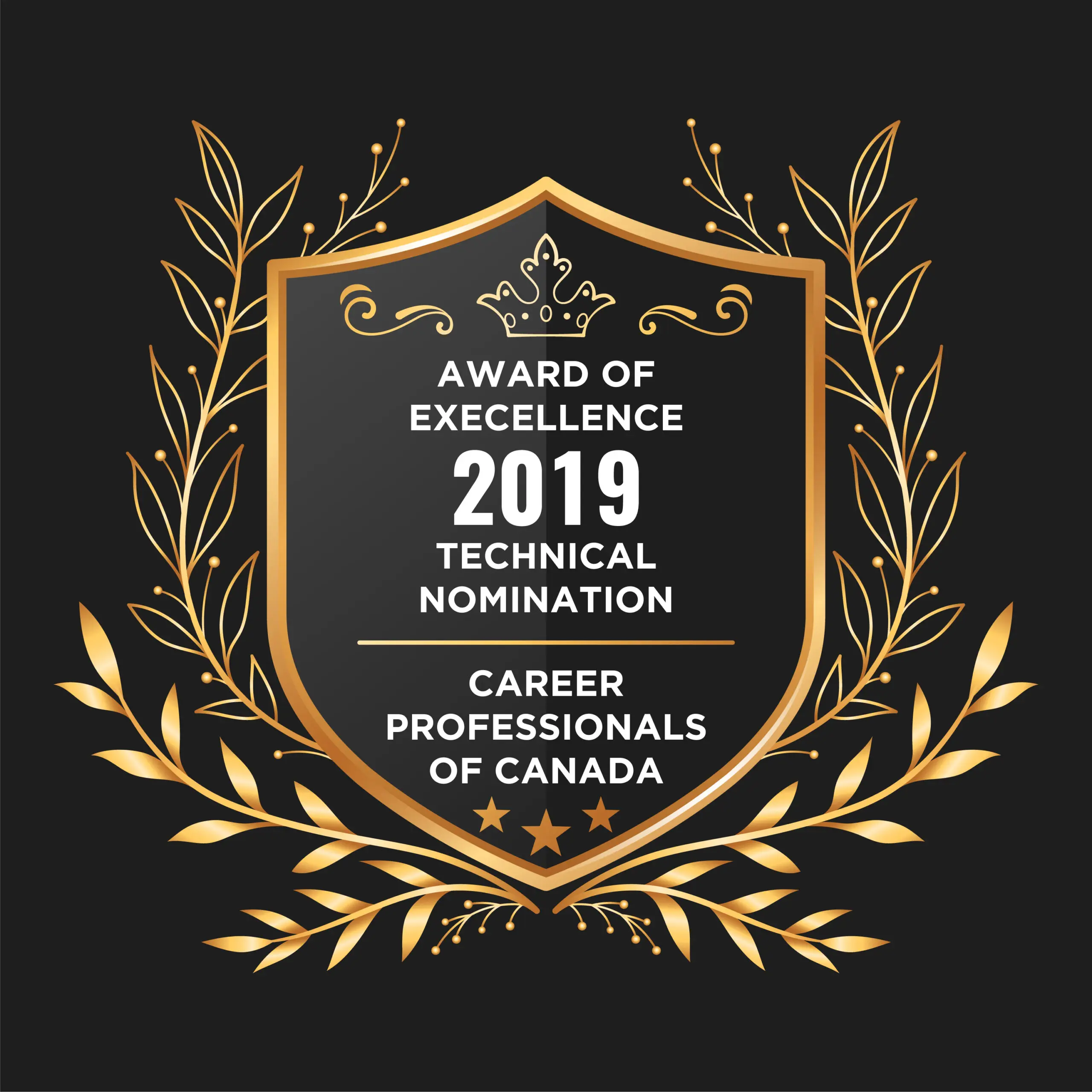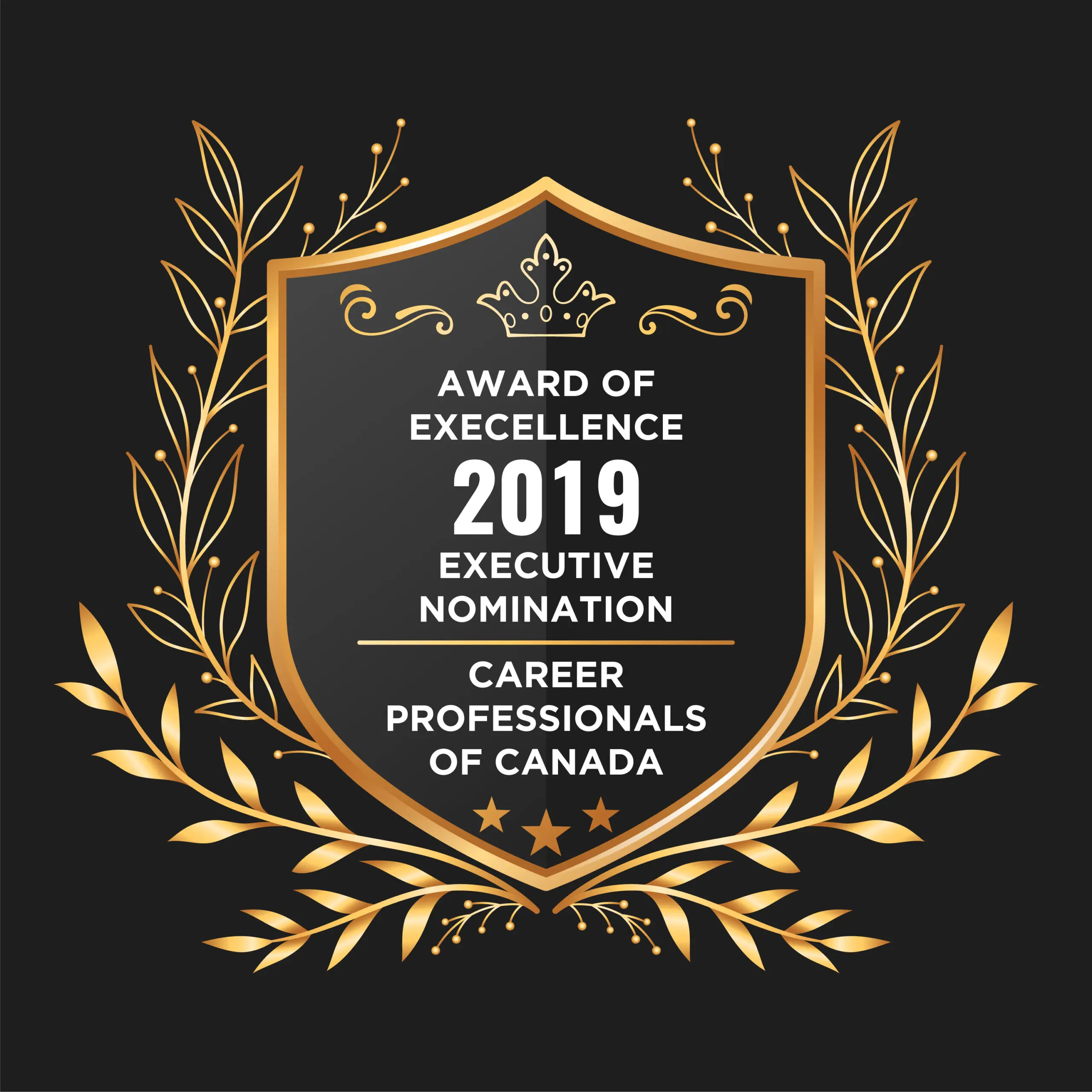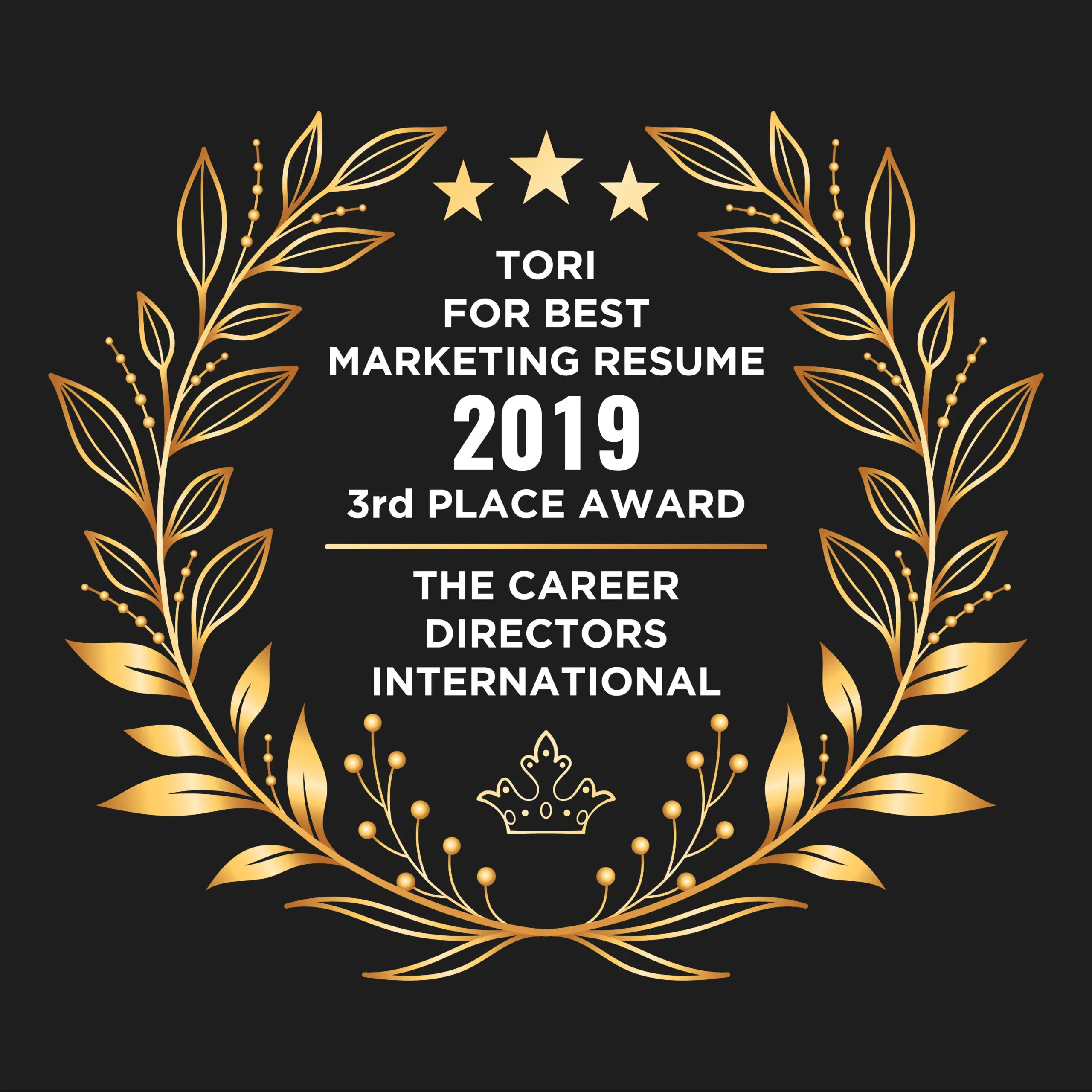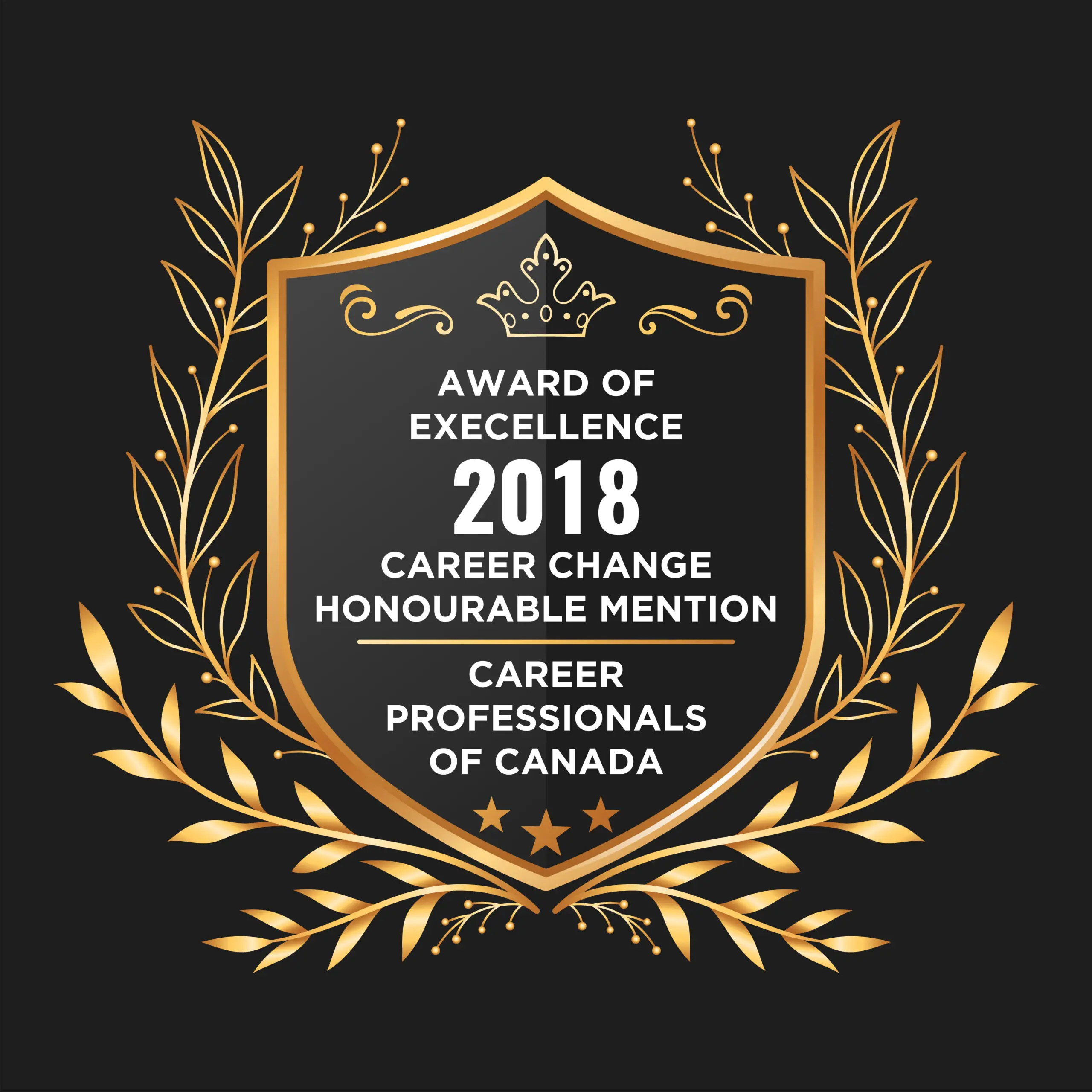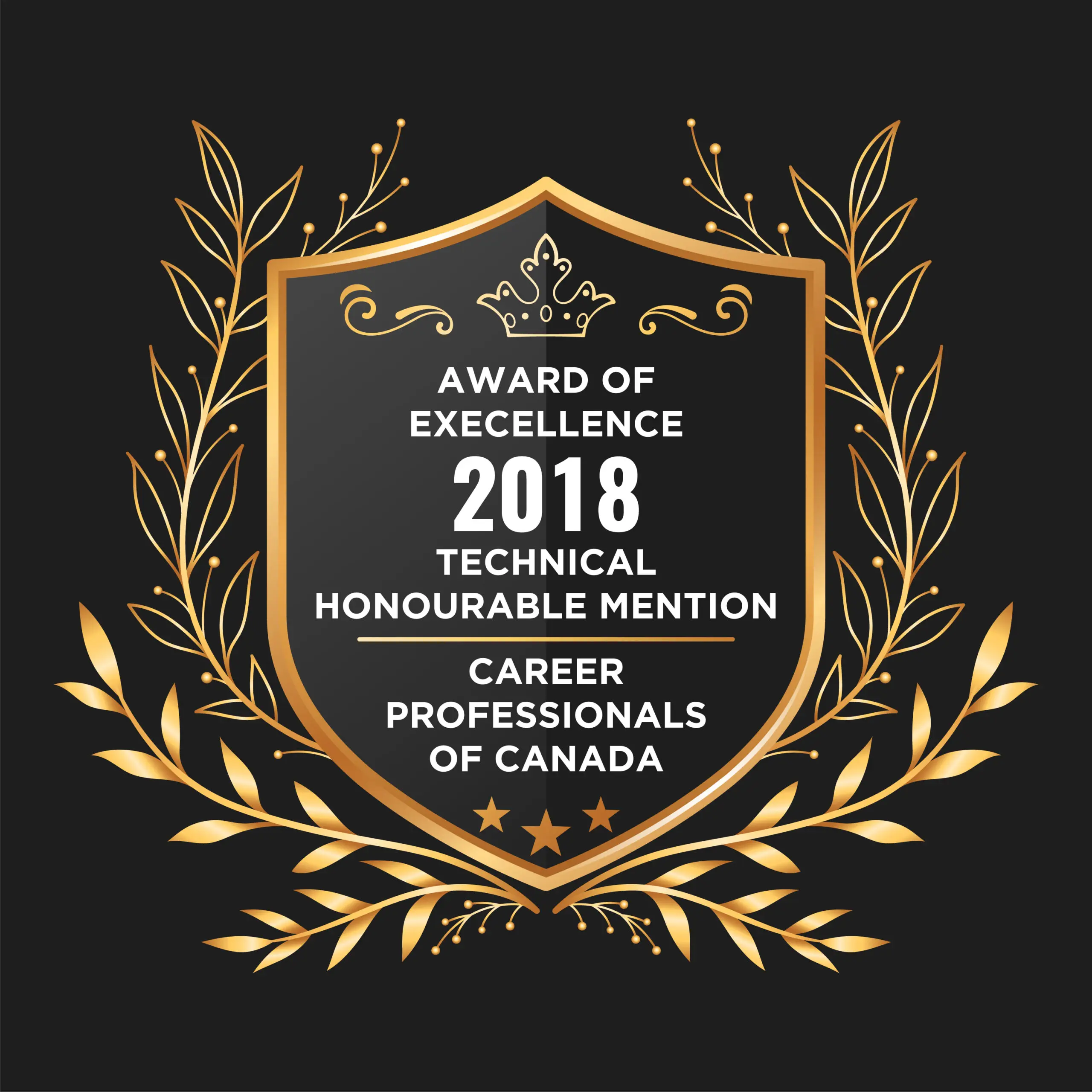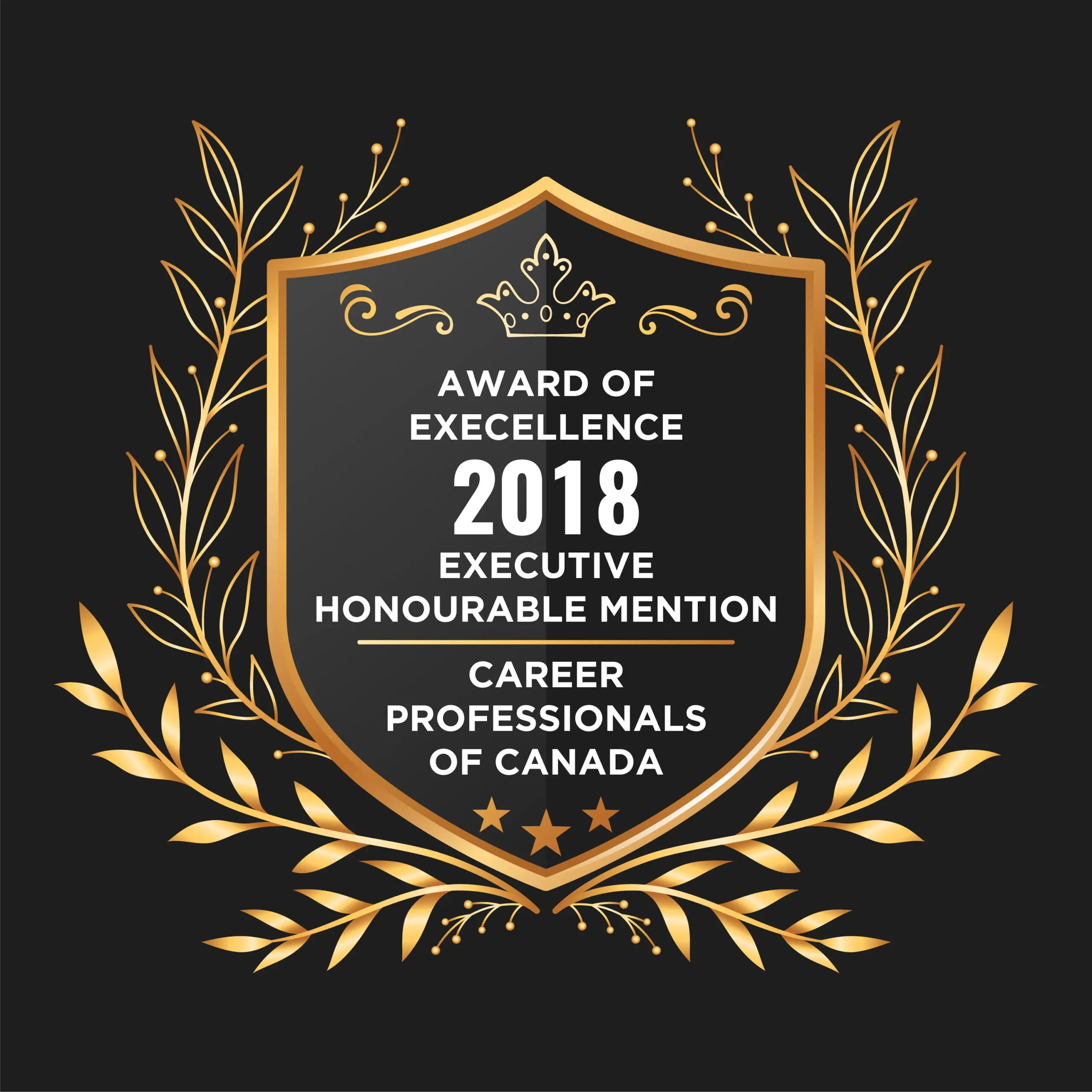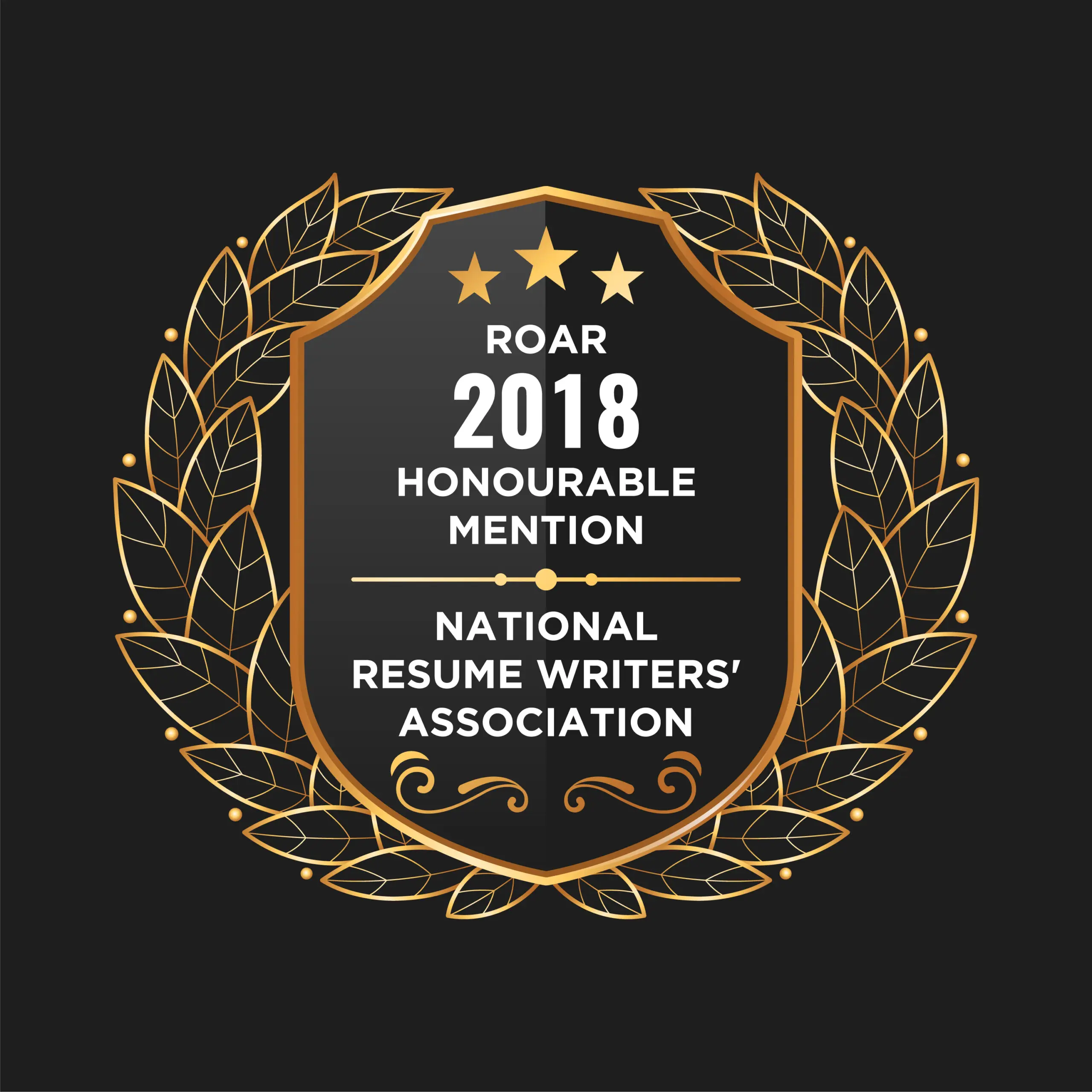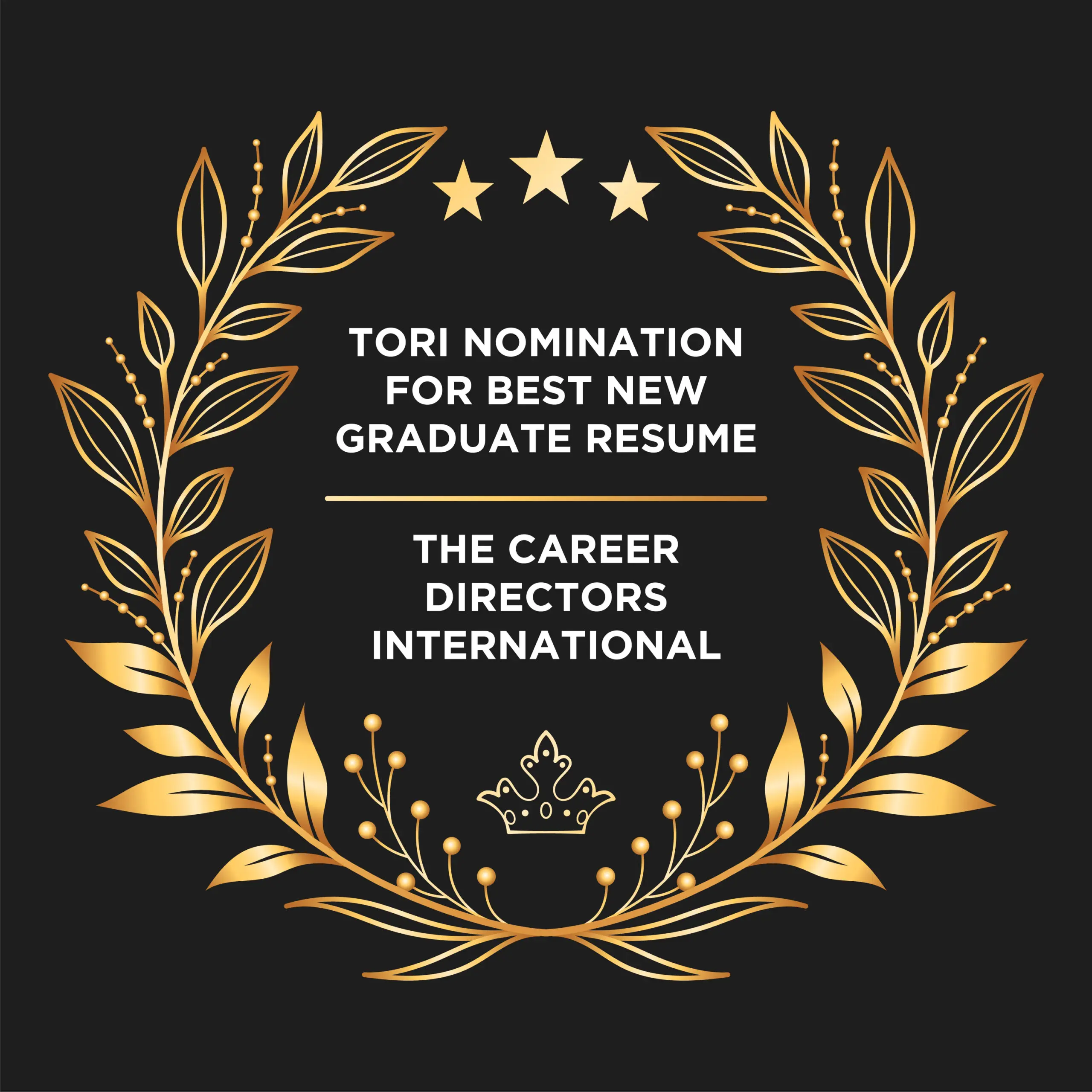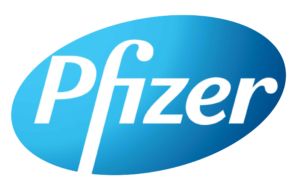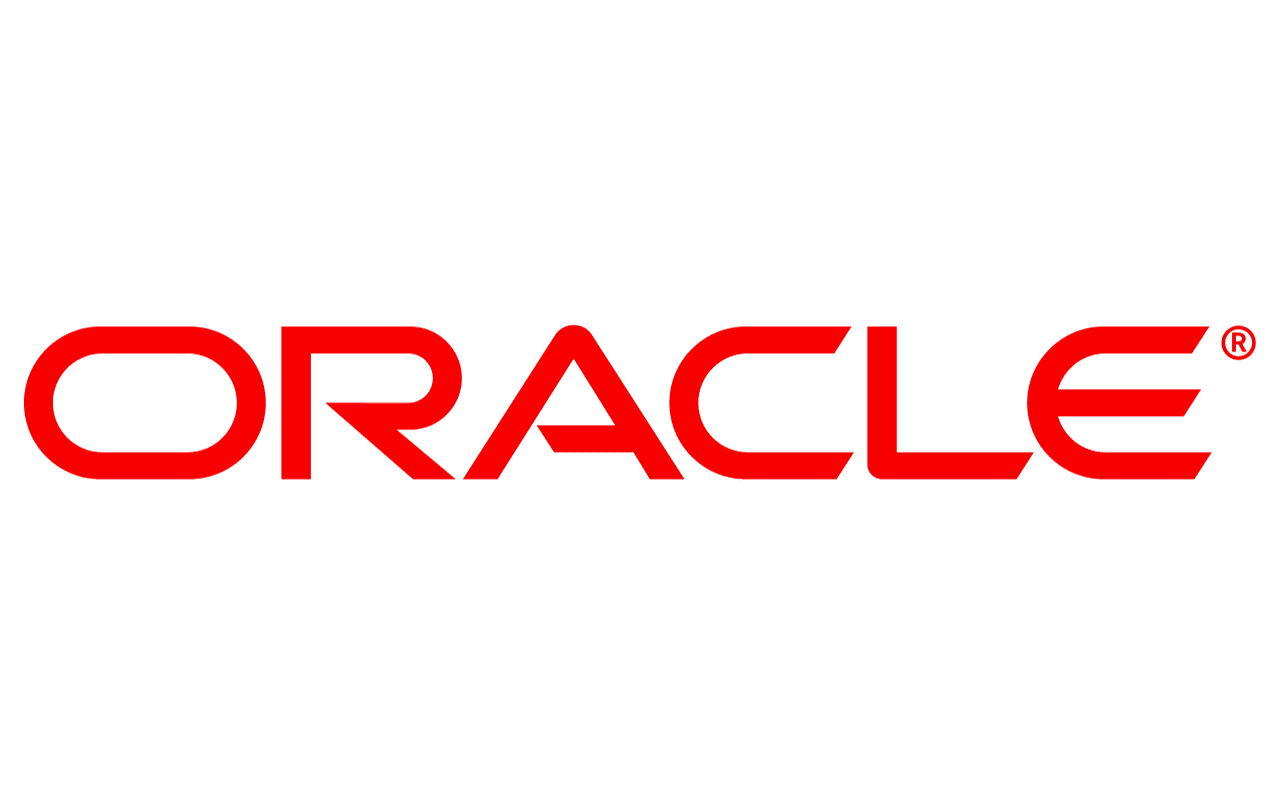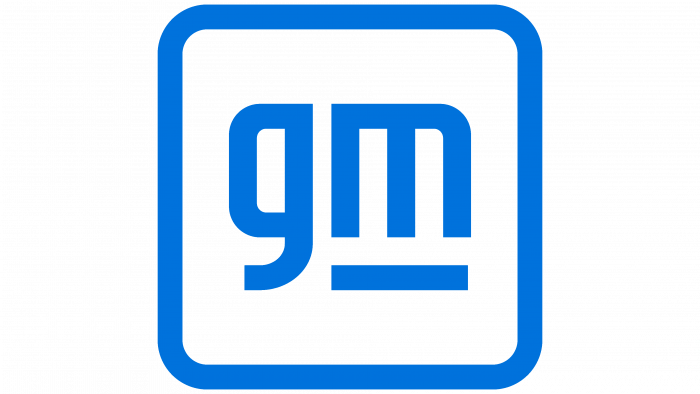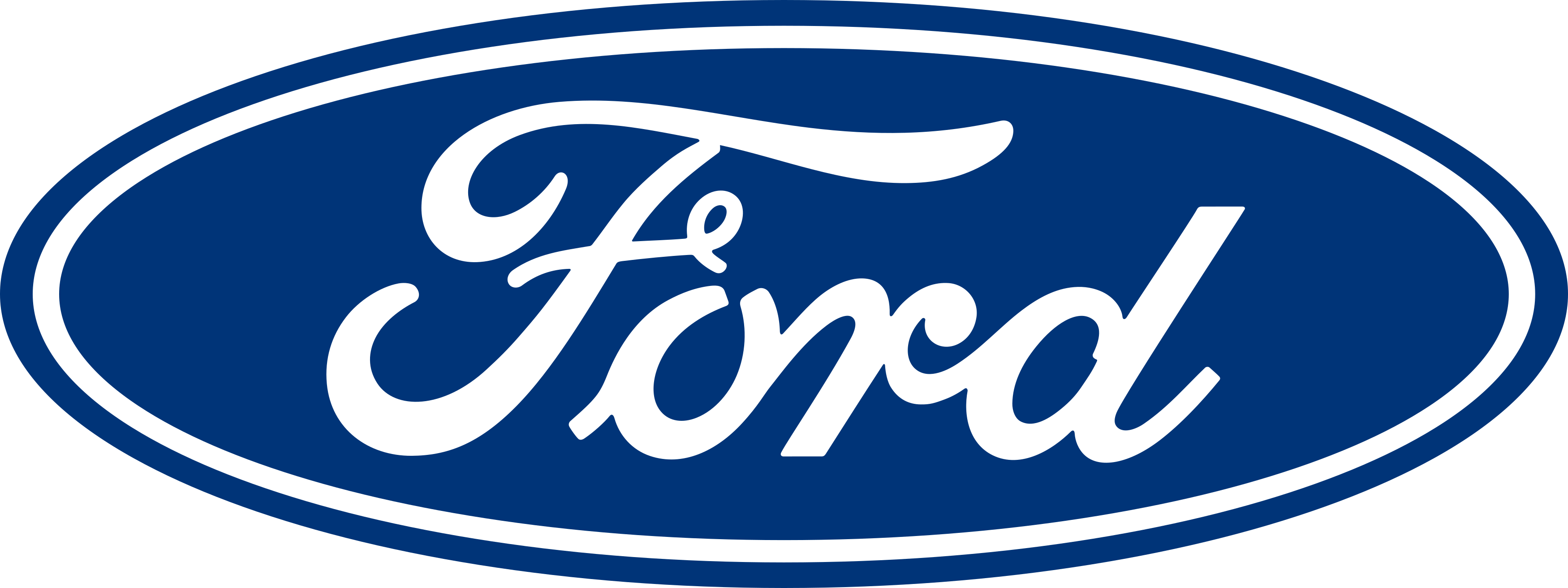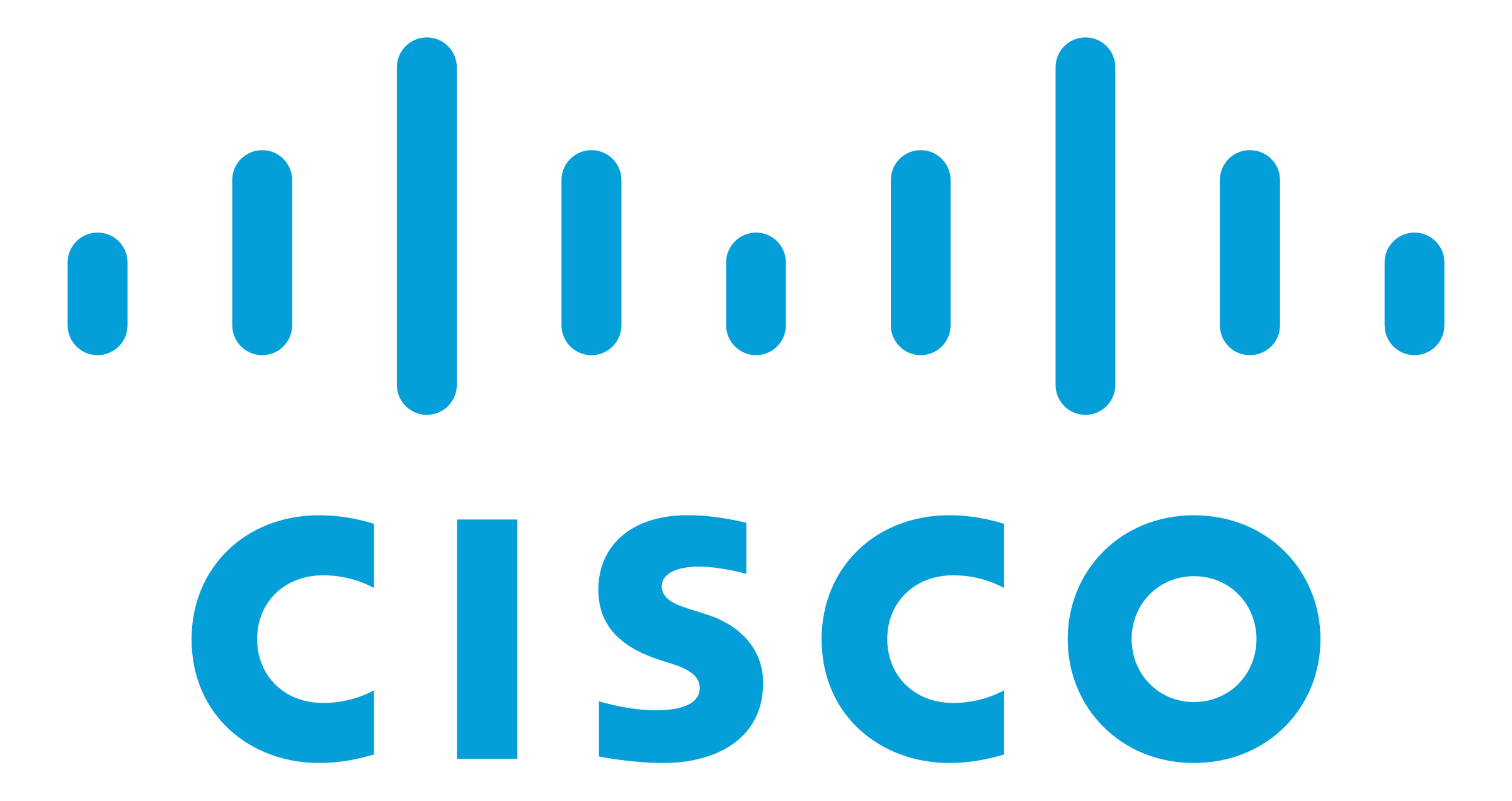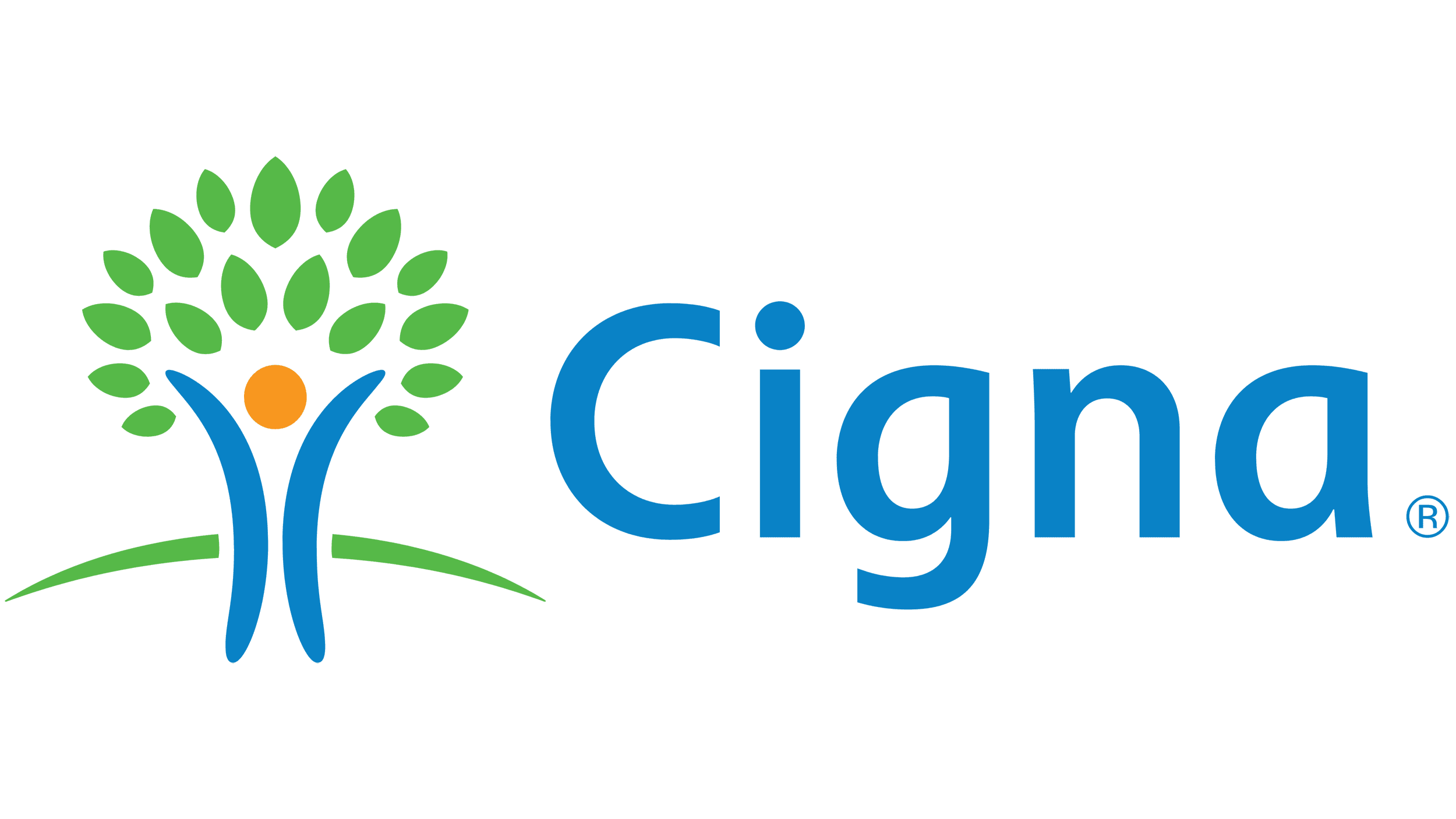Why should you care about persuasive resume copy?
If you are a leader, then you know the importance of persuasion. In fact, it is one of the most important things that leaders should consider when they are creating their content. Ask yourself, what bits of the writing are informative vs. persuasive? I.e., have I merely described my duties and responsibilities much like the Job Posting? Do I have enough persuasive messaging in my copy? Persuasive messaging is language that focuses on your achievements and results.
Still, many people still do not understand why it is so important to use persuasive Achievement and Results statements instead of just using basic “informative” Duties and Responsibilities content. This post is designed to help you turn boring boilerplate Duties and Responsibilities statements into dynamic persuasive content that drives that Hiring Manager to interview you.
By learning how to write a persuasive Achievements and Results Resume, you will learn how to use words as a tool for influencing behavior – which inevitably leads to more interviews. You will also learn about psychology; why people do what they do and how we can influence them by using language effectively. This knowledge is invaluable when writing content for resumes.
Step 1: Know your audience & the basics of persuasion.
When writing persuasively, you need to understand your target audience. This means that you need to know who they are and what their values are in order for your resume to be persuasive.
For example, if you’re trying to reach a certain company or organization, then it would make sense for each Employment History section to be brief and concise and mirror the keyword language found in the Job Ad. However, if you merely parrot back the keywords without giving context on how you used those skills to make a significant change for that company, you are going to have a stale resume that does not stand out.
This includes understanding what Achievements will appeal to them and how they are persuaded by leveraging various elements of persuasion like logos (logic & reason), ethos (authority), and pathos (emotions).
Step 2: Capture their attention with the right “hook”.
Headlines are one of the most important parts of any article, book, or email. They must capture attention and make the reader want to read more. The average hiring manager spends 6 seconds scanning a resume. Here are some tips for writing a headline Branding Statement that will catch (and hold) your readers’ attention.
They are the first thing people see when they read your resume. If it is not catchy, they will likely leave without reading any of the content and you want to make sure that does not happen. A good headline should be short and concise, but still have a captivating quality about it.
Key 1: Keep it short and to the point.
Key 2: Use action verbs and emotional language – use strong nouns as well as adjectives to create an image in your readers’ minds when they see the headline…
Step 3: Use powerful words, phrases, and language to convince them of the benefits of your skills or service
Powerful words, phrases, and rhetoric help drive home the benefits of what you’re offering. You should be aware of the power in your writing and how it can affect hiring managers’ decision-making process.
Remember, it’s not about “you” the amazing employee, it’s about how “your” promise to fulfill a need in the company.
As you can see there are many elements of language that appeal to the hiring manager’s emotions and help them to get excited about you as a candidate.
See Also: How Job Seekers Can Discuss Layoffs In Interviews?
Step 4: “Here’s what happened, here’s how it made me feel.” Create an emotional connection with the reader by telling stories.
A time-tested & powerful way to create an emotional connection with the reader is by sharing stories. Stories are a great way of connecting on an emotional level because they allow readers to empathize with characters and put themselves in their shoes. This technique can be used by sharing work-related testimonials… this has been proven to make people feel more connected with one other.
One way to do this is in the closing section of your cover letter.
“Bill is the rock star you need on the team. He has deep experience in partnerships and understands how to monetize and securitize assets to raise capital. Bill has the relationships and the understanding of how to formulate complex deals with the right protections.” – xxx
Step 5: Edit, edit. Edit!
There are many reasons why you should make sure your grammar is correct when writing your resume. For one, it will help you to convey your message more clearly and effectively. You also want to avoid confusing the reader with improper usage of words or punctuation.
Furthermore, if a hiring manager sees glaring grammatical errors or typos, they may stop reading because the candidate appears sloppy and unprofessional. It can also be difficult for them to understand what you are trying to communicate if there are mistakes in your sentence structure or spelling.
A good way to edit your writing is by reading through your text out loud and listening for awkward sentences or words that sound weird together so you can fix them on paper with pen or pencil as needed. You can also ask someone else who knows how to write well to review your work when possible.
Click here to schedule a complimentary Career Document Consultation with me!
There are two different types of editing: structural editing which deals with organizational aspects such as ordering sections into a coherent narrative or changing how they’re ordered; and copyediting which deals with things like correcting spelling mistakes or improving sentence structure by adding commas where needed for clarity.
See also 20 Outline Examples
You should also be looking for opportunities to add more detail or rephrase a job ad Responsibilities and Achievement sentence so it flows better, while also removing bloated content. Once you’ve finished reading through once, go back and fix any issues you noticed on your first pass. Then, repeat this process until you feel satisfied with what you have written.
Putting it All Together
As you can see, the benefits of learning persuasive writing for your job search are simple… You will be able to influence people and get them on board with your big ideas, you build connections and trust while convincing them to take action. It helps you get into someone’s head and understand what they want or need when it comes to the services or skillsets you offer. This type of writing can also give you a leg up over other competitors who aren’t making as good a case for themselves as you.
Career Services
Your only job is to work – we’ll update and customize your LinkedIn Profile for success! iCareerSolutions provides you with everything you need to create an optimized, engaging, resume-quality profile. …







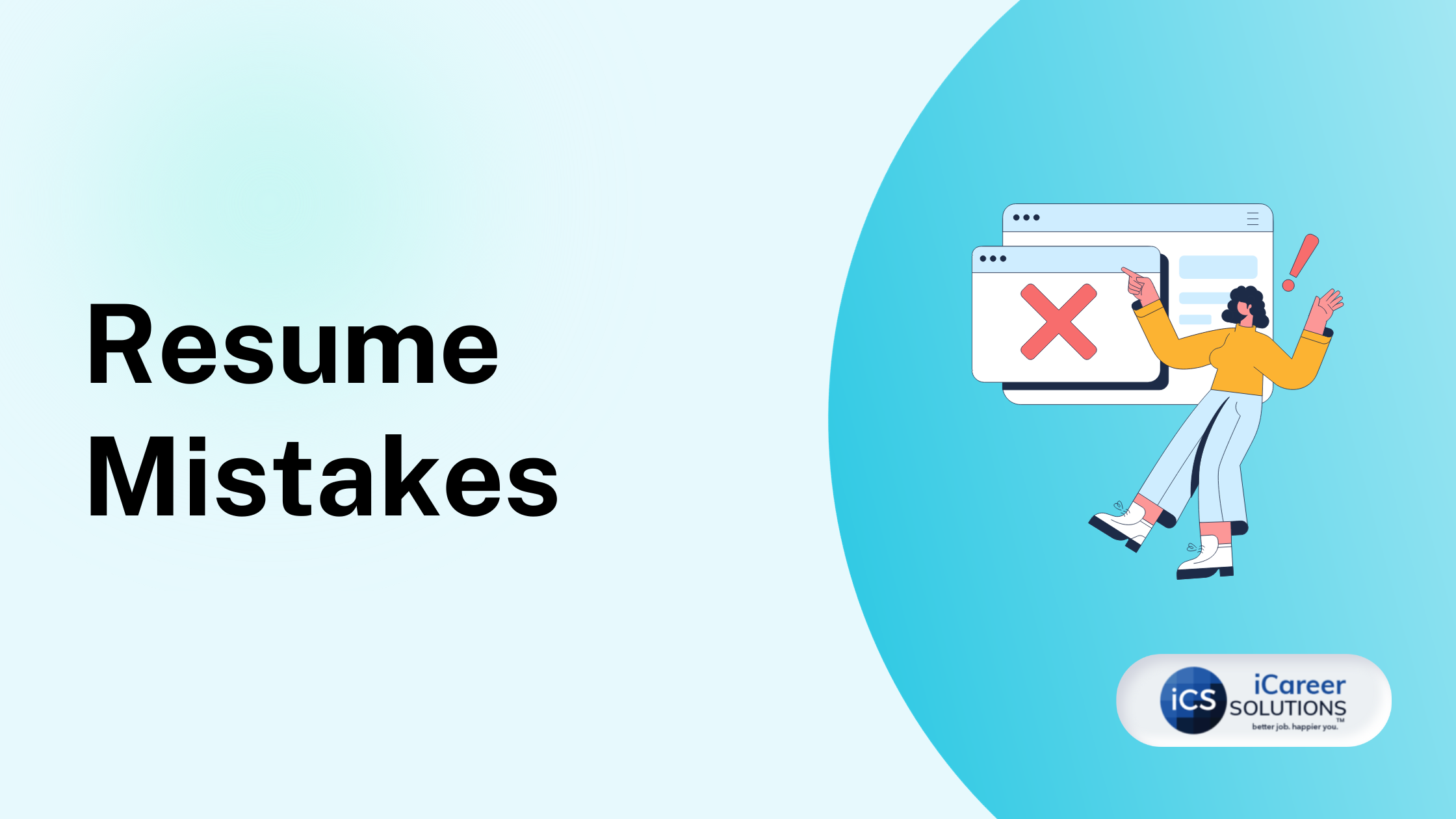
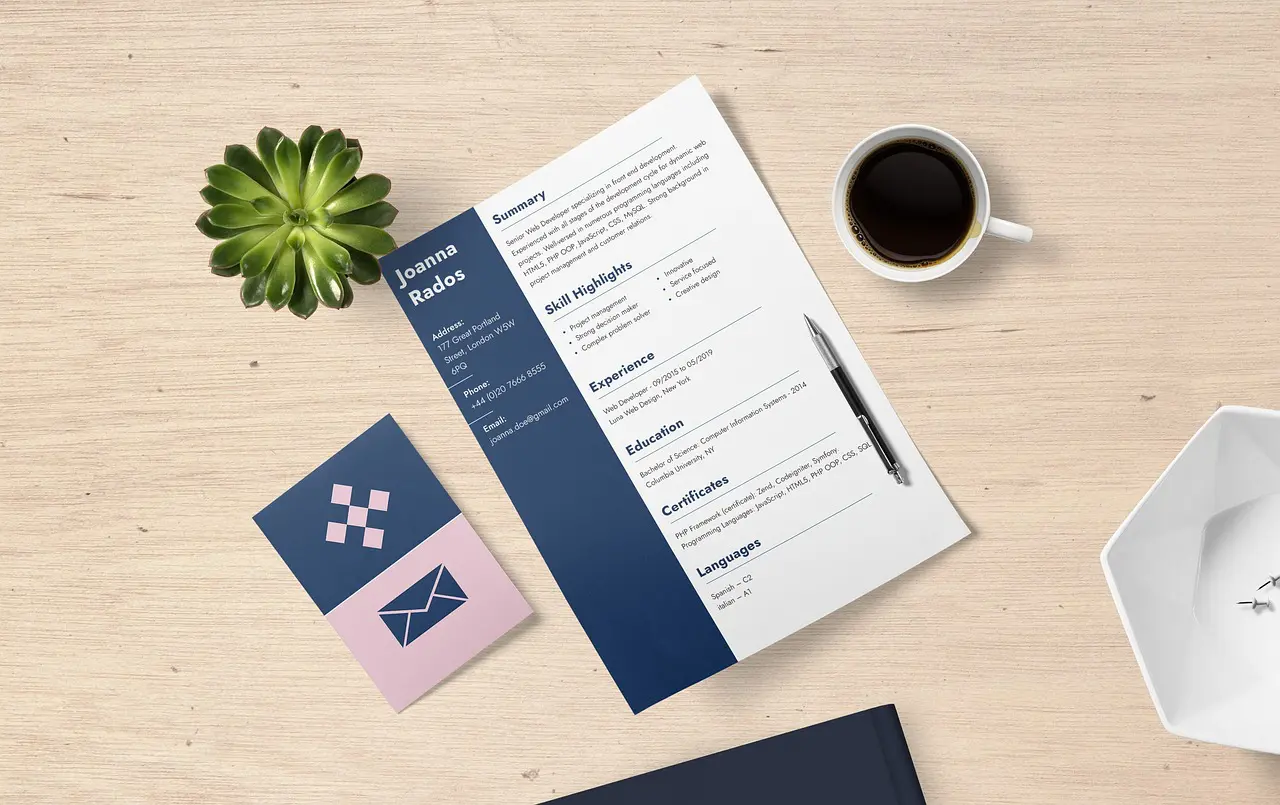

![20+ Professional Headers for a Resume in 2023 [Examples & Templates]](https://icareersolutions.com/wp-content/uploads/2023/09/20-Professional-Headers-for-a-Resume-in-2023-Examples-Templates.jpg)


